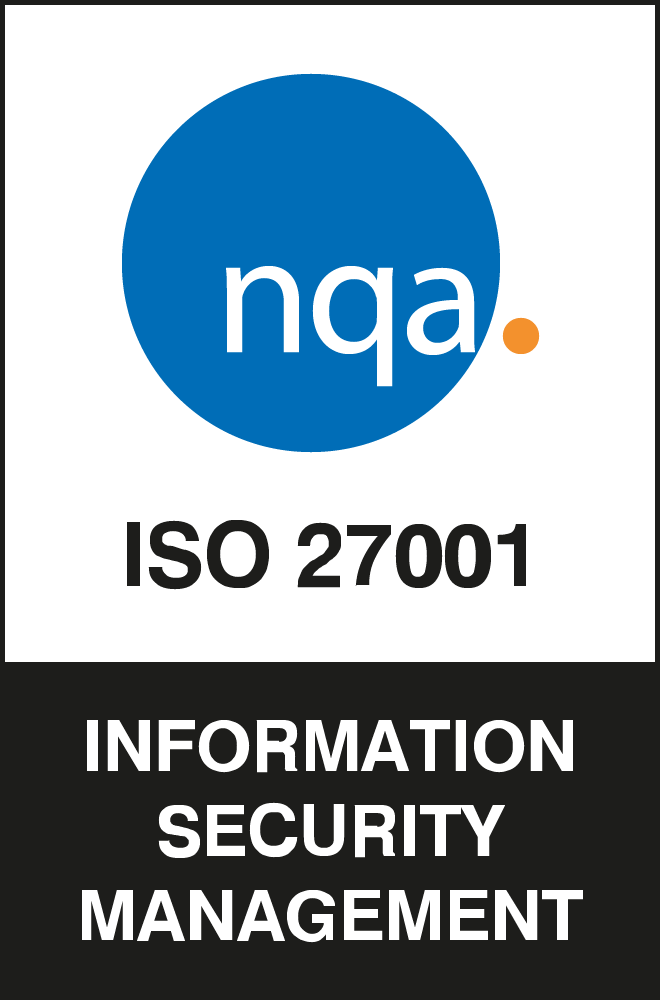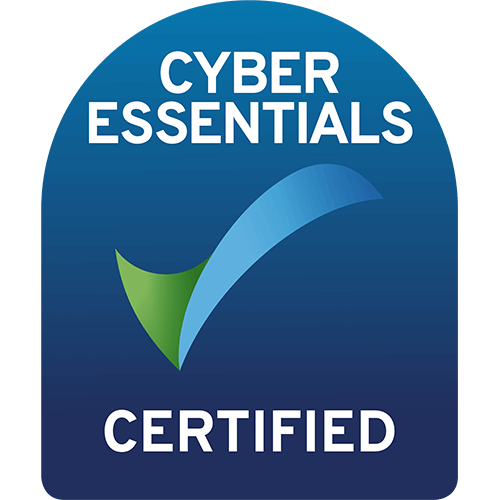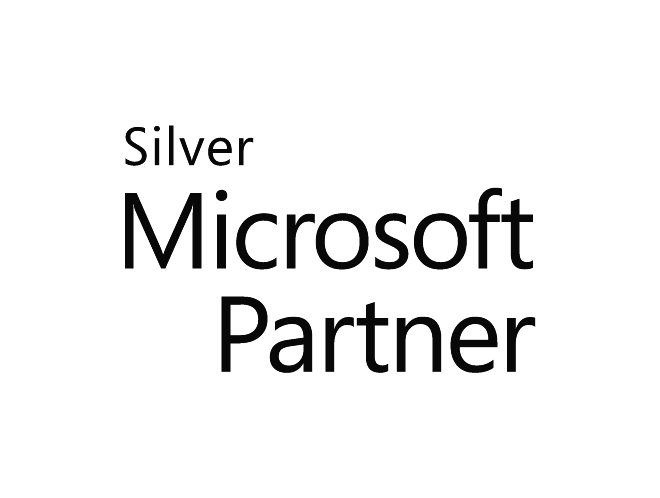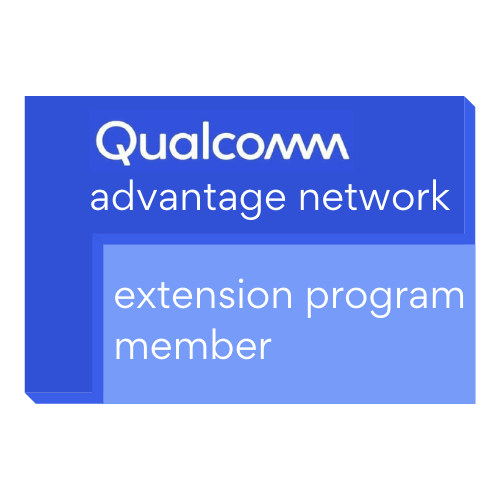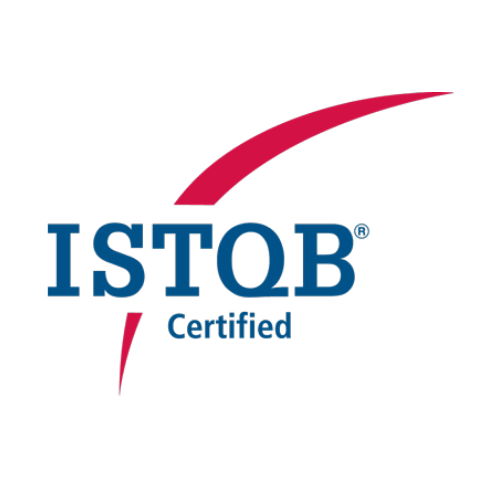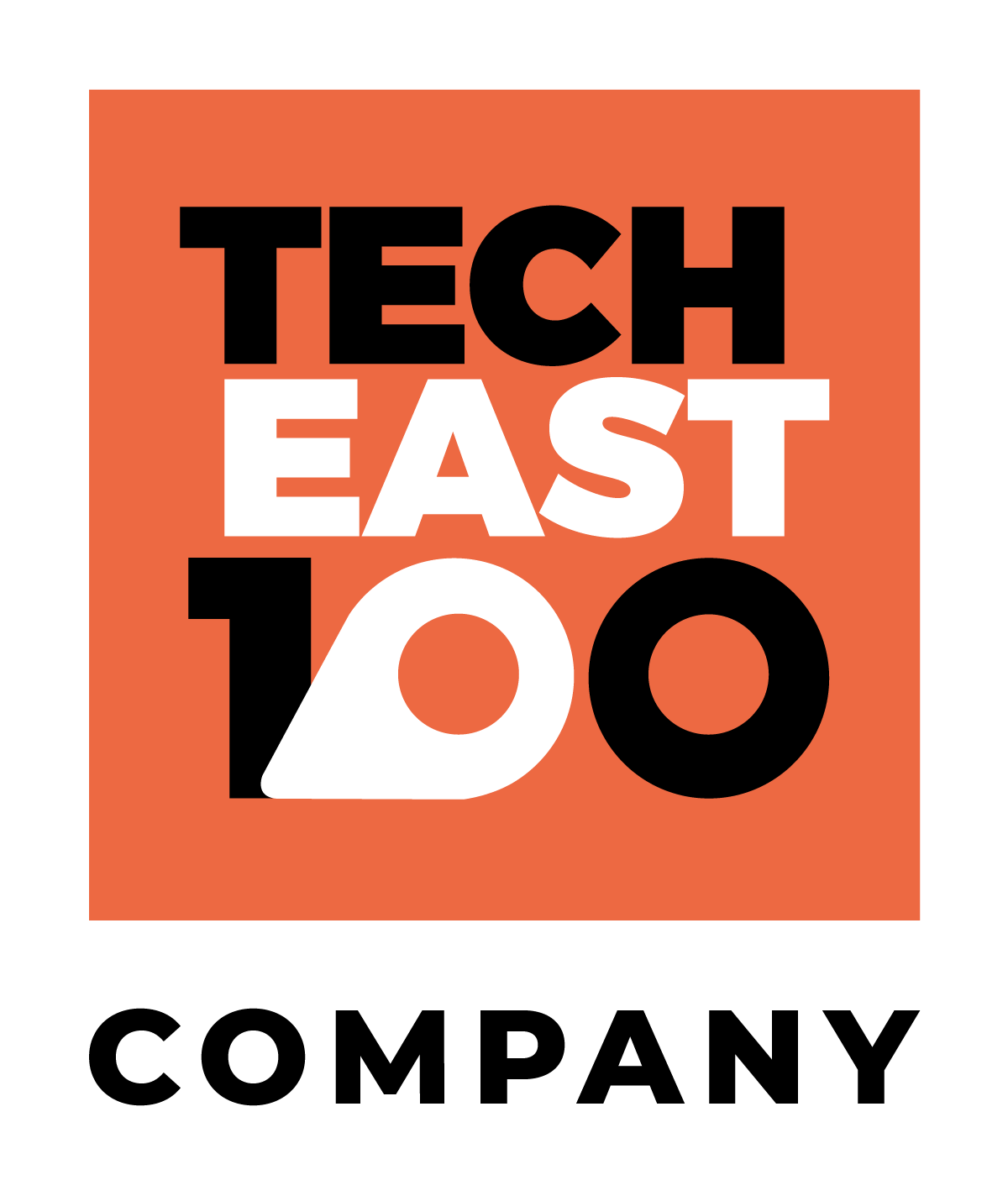The banking and FinTech industries rely heavily on technological advances to improve their processes, make their services more appealing and increase customer satisfaction. With this in mind, 2023 is set up to be a great year for tech that will enhance financial institutions in these areas.
Read on to learn more about the top consumer and business-oriented banking technology and FinTech trends.
What is FinTech?
FinTech is short for Financial Technology and it relates to any technology used to create solutions for banks, financial institutions and their customers. FinTech apps and software are gaining popularity because they tend to be easier to use, more flexible and quicker than traditional banking services and communication channels.
What exciting technology trends are emerging this year in the banking industry and FinTech?
Improved Customer Experience
Customers are increasingly basing their decisions on who they bank with on how straight forward banking experience is for them. When looking at a bank’s services, customers no longer just look at statistical information like interest rates, other more experiential features are assessed too such as:
- The ability to apply for products and services remotely (especially with social distancing measures still in place)
- A reliable and easily navigated mobile app
- Simple and convenient communication
With these features in the minds of consumers, financial service providers will place a higher value in ensuring they are as appealing to consumers as possible so that they can remain competitive.
Finance Service Specific Cryptocurrency Startups
Cryptocurrency startups that focus specifically on financial services are rising in numbers as a result of more businesses and organisations conducting their transactions solely through cryptocurrencies. The benefits of which include, more dynamic operations and improved speed, simplicity and convenience.
These startups work as wallet services, allowing users to securely protect all supported crypto assets from cyber-attacks as well as offering decentralised exchanges.
As cryptocurrencies are adopted as the preferred transaction mode by more and more organisations, we can expect to see this type of startup increase too.
The Democratisation of Access to Banking
Research shows that 1.7bn adults worldwide remain unbanked, mostly those living in developing nations.
Keeping in mind the high smartphone user penetration in these countries, we can expect FinTech apps to offer branchless banking services to those who remain unattached to traditional brick and mortar banks.
This will allow more people globally to access credit to improve their social mobility, such as the ability to apply for mortgages or take out manageable loans to fund education.
Decentralised Blockchain
Blockchain is arguably the most important trend in FinTech right now and experts predict that it will soon fuel most of the FinTech industry. Blockchain is most commonly mentioned in discussions about cryptocurrencies but realistically it can be beneficial to any organisation that relies on contracts.
Blockchain facilitates ‘smart contracts’ to be encrypted straight onto the blockchain. A smart contract is an intelligent transaction protocol software which automatically completes specified financial actions when certain criteria are met. The benefits of these include greater process efficiency, improved accuracy and better security.
Algorithm-Based Wealth Management
Armed with complex wealth management algorithms, so-called robo-advisors can assess risk and implement actions to manage a client’s money based on their pre-defined investment objectives.
Private investors can use this technology to make more efficient and effective investments based on data that would previously be inaccessible to them.
Digital Commercial Banks
Online only commercial banks such as Monzo and Revolut have become household names in recent years and have raised millions of dollars in funding due to their inherent unique advantages which cannot be easily matched by traditional, brick and mortar banks. For example, lower fees and higher interest rates for customers.
This popularity is only going to rise from now on, especially with many online banks offering ‘open banking’ allowing customers to easily view all of their bank accounts (regardless of what financial institution) through a single secure app or website.
With the level of investment that is being put into digital commercial banks, we can expect further research and innovations that ease the consumer banking experience to emerge from digital commercial banks in the coming years.
Big Data Management
Huge amounts of data are collected by banks, FinTechs and financial service providers which can be used to gain important insights into emerging trends, potential threats and identifying opportunities for improving products and services.
Financial algorithms are mostly good at identifying and sorting different types of data ready for analysis but are often held back by damaged or illegible documents. FinTech software developers can improve the accuracy and efficiency of the data being processed for analysis by creating customer applications that extract the most important information quickly and precisely using image cleanup, document alignment and form recognition tools.
Banking Partnerships
Initially, FinTechs represented a threat to traditional banks and financial institutions as they were perceived as wanting to bypass the rules and regulations which dictate practise in the financial industry.
More recently, however, since FinTechs are unable to circumvent these regulations and traditional banks have acknowledged the strengths of digital-first banks, the two sides have realised that their cooperation and collaboration is essential.
FinTechs and traditional banks will begin working together for mutual benefits. Traditional banks benefit from the digital expertise and prowess of FinTechs and FinTechs can benefit from the banking licenses that traditional banks can provide.
Moreover, traditional banks are expected to increase investment in early-stage FinTech startups with a view to gain early access to new technologies created by startups that they can adopt or use in a partnership. Additionally, if the startup proves to be successful, their early-stage funding can act as a mergers and acquisitions pipeline.
RegTech
RegTech or Regulatory Technology is a field that utilises technology to ease the management and implementation of regulatory processes within the financial services sector.
With intelligent software, reporting, compliance and monitoring can simplify these operations in-line with the most up-to-date laws, guidelines and regulations. Software that is assisted by machine learning and big data can minimise an organisation’s risk of becoming a victim of money laundering or other financial crimes.
Payroll FinTech
As of yet, advances within the FinTech sector have been focused largely on creating opposition for traditional banks and easing digital payments for consumers with little attention paid to payroll management systems for businesses and employers. This is set to change from 2023 onwards.
Experts expect changes within the following areas of payroll:
- FinTechs will support flexible wage models, allowing employees to access their pay on-demand, as and when they wish.
- Employers will be able to support their workers with salary advances made possible by short-term lending FinTechs without the extortionate interest rates which often accompany traditional payday loans.
- With early direct deposits, employees will be able to receive their paychecks as soon as two days ahead of standard payday.
- To create more secure payments that appeal to the modern-day worker, some firms will facilitate the payment of wages through various crypto-currencies.
Have you got an idea for an app or some software that could improve today’s current banking processes?
Our team has experience within a range of different industries on a global scale and we pride ourselves in being flexible enough to be able to navigate today’s ever-changing digital landscape. We would love to hear about your new app or software project idea so don’t hesitate to get in touch with us today.






